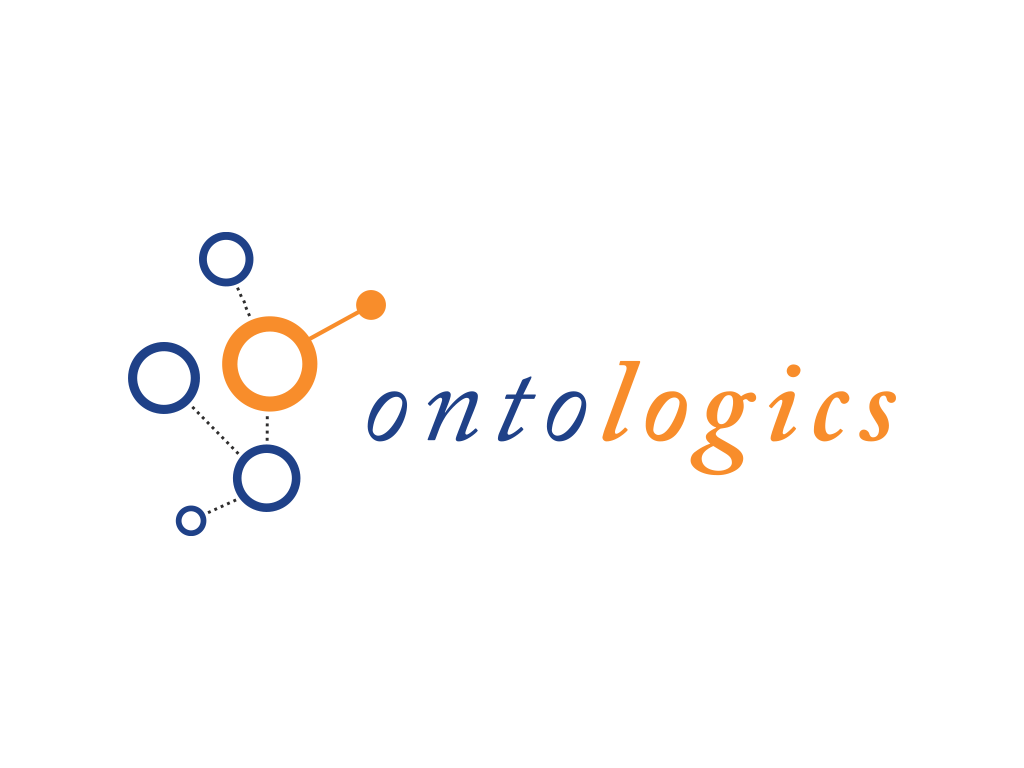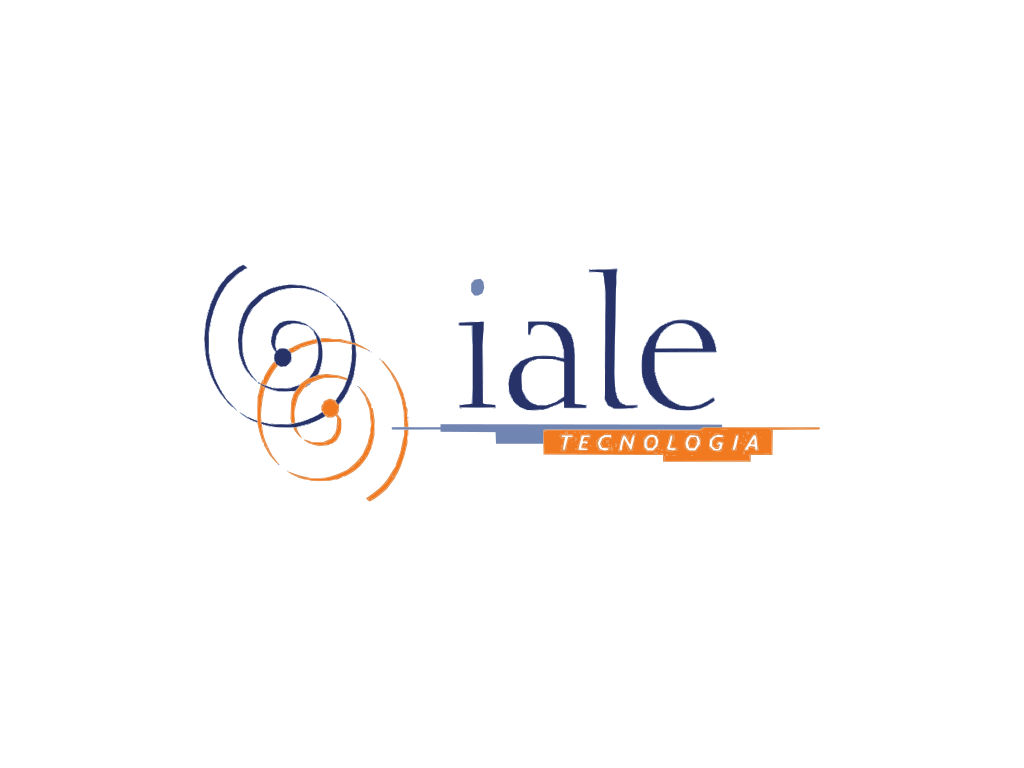Great ideas don‘t always appear so brilliant when they‘re first conceived. In fact, they can feel absurd upon further contemplation. That‘s what happened to Sam Davis when he first considered the “what ifs,” of what would later become Amplified, an artificial intelligence firm that organizes publicly available patent and scientific data alongside a company‘s internal information.
Davis had been working for Landon IP, a prominent patent search company that was acquired by CPA Global in 2014 (CPA, in turn, was acquired by Clarivate in 2020). In his role as director of business development, it bothered him that talented engineers and scientists had to spend so much time developing complex search strategies and manually reviewing stacks of patents to find the few that mattered. “Patents are really long and complicated and hard to digest,” he told IFI CLAIMS. “People with very advanced technical backgrounds were sitting there all day reading hundreds of patents because they had to find the one or two that were important to what they were doing. That didn‘t seem to me to be a great use of human intellectual capital. There had to be a better, faster way.”
Patent insider
Who: Sam Davis
Innovation cred: Co-founder and CEO of Amplified, guitar hero
Favorite invention: The late Eddie Van Halen‘s “supporting device for stringed musical instruments,” granted in 1987, US4656917. Best part of the patent, Davis says, is the super cool drawing—a kind of music to your eyes—of Van Halen in full jam mode on his perpendicularly positioned guitar, both hands on the fretboard, as if he‘s playing a piano. The objective of the invention? “Total freedom of the player‘s hands to play the instrument in a completely new way.” This is just one of Van Halen‘s inventions.
Most promising patent: In keeping with Davis‘s usual refrains around music, Japan, and artificial intelligence, he‘s impressed with Yamaha‘s recent patent for Vocaloid, which is a popular digital voice synthesizer, US20210166128A1. Recently, deep learning has been used in this field to produce realistic human-sounding vocals purely through AI.
Davis looked at a few technologies to see what was possible. But at that time, unfortunately, what he wanted to achieve was too complicated. “I just filed it away and thought, That was a dumb idea,” he said.
Fast forward a few years to late 2016, and Davis’s idea, as it turns out, wasn‘t so dumb after all. As deep learning began to revolutionize modern AI, his notion about eliminating the tedious parts of extracting value from patents took root and he pitched his idea to a friend with a Ph.D. in quantum physics, Yasuyuki Oikawa. “He‘s the most critical and intellectually honest person I know,” says Davis. “He will tell you it‘s not going to work for reasons that are crystal clear and logical. He thought it had legs. I was shocked.”
Oikawa and Davis reached out to another friend, Christopher Grainger, who was at the time applying neural networks to extract insights from patents as the focus of his Ph.D. research in the economics of innovation. Together, they discovered that not only could the concept work, but Grainger and Oikawa joined Davis as co-founders. And Amplified was born in early 2017.
IFI CLAIMS caught up with Davis by video chat from his home in Tokyo to discuss an array of topics, including his roots in music, how speaking Japanese led to his career in patents, and why Amplified utilizes IFI CLAIMS patent data as the foundation for its AI. The interview has been edited for clarity and length.
IFI CLAIMS: How did you become interested in patents?
Davis: One of the first jobs I had was at Landon IP. I initially helped open their Japan branch office and then later took on a global role with them. I‘m so grateful for that experience. I really can‘t overstate just how much colleagues and customers taught me. I got to see first-hand how technologies became patents and products across a whole range of industries. There are projects that I remember seeing as just an idea ten years ago, and now I see it on shelves. One big thing at the time was non-alcoholic beer. I remember getting involved with some projects on that. The customer was like, ‘Oh yeah, there is this new way we can make non-alcoholic beer, but it‘s actually going to be tasty.‘ Non-alcoholic beer at the time didn‘t taste great. I couldn‘t fully see the opportunity at the time, but now it‘s just a thing. I thought it was cool to see how technology developed, to see how the sausage is made. But also to see what‘s the same and different across organizations and industries.
IFI CLAIMS: Let‘s back up a bit. Before Landon IP, you were a musician, right?
Davis: Hah. Yes, a bad one.
For people who historically would not be able to search patents because it‘s too difficult, too expensive, or too time-consuming, we wipe those obstacles away. Amplified gives them a simple, intuitive way to find and learn from relevant patents in real-time.
IFI CLAIMS: Is music something you studied your whole life?
Davis: Yeah. I had a bit of a winding path. In high school, I went to a magnet school with a strong math, engineering and science focus. So perhaps I was pushing back on those things. I really focused on music in college. I studied composition and jazz. I play guitar mainly now, but I dabble in other things. I‘ve been playing the cello and the viola since I was young. I tried to make it as a professional musician. Long story short, it didn‘t work out. I realized that I enjoyed music more when I had freedom to just be creative. I didn‘t enjoy doing the business part of music. Though I do enjoy marketing and sales in general, I guess I didn‘t like mixing business and pleasure. I didn‘t like writing music with the idea that it had to sell. So I started looking for other things to do.
That‘s how I found Landon IP, and I found them because I happen to speak Japanese. My high school had a Japanese language program. At the time I was also studying programming and liked video games. I wanted to make video games one day and Japanese seemed like a useful language to know for that industry. But then I fell in love with the language. I got involved in exchange programs. I‘d go back and forth between Japan and the U.S. I really loved the Japanese culture and the language. When you like something, you naturally get good at it, and Japanese is the one thing I‘m really good at.
IFI CLAIMS: Having an idea is one thing. Getting it to work is another. How did you and your co-founders figure out the initial Amplified concept?
Davis: Yasu and I both worked for years in IP but also had technical, industry, and research experience outside of IP. We knew from experience that patents are not really useful on their own. They need context. And we‘re entering a world where data is increasingly valuable, and AI can make it more valuable. So from day one, we had a vision to make patents more useful by capturing knowledge as data. When you do a search, you are reading patents, interpreting them, deciding if they‘re relevant or not to an invention, product, or business unit. That‘s valuable data but most is stored in Word and Excel where it rarely gets reused. If you believe “data is the new oil,” then that is bonkers. Most people think of patent search and analytics as a transactional cost: I pay you, you do a search and report, then rinse and repeat. No! It‘s an investment! It‘s an asset creation!
This was late 2016, so AI wasn‘t quite as big of a topic, but I happened to be working with two startups developing deep learning products. One in computer vision and one in NLP. I became convinced that a natural language AI revolution was coming. So I called up an old acquaintance Chris, who is now our CTO. He was working as an innovation economist and pursuing a Ph.D. researching ways to apply neural networks to make patent language more useful as an input in econometric models. I pitched the idea to him that maybe this new technology could succeed in patent search where previous attempts like semantic search had failed. We spent three months on a proof of concept based on his research and it worked better than we thought. So we started the company. But the thing about AI is that it‘s easy to put together a flashy demo in the lab. Building a product that reliably works in the chaotic real world is another journey. It took us three more years to get the technology to that point.
IFI CLAIMS: What problem is Amplified solving today?
Davis: We make finding the prior art you need easy, so you can make better decisions with far less effort. In doing so, our mission is to make patent work more efficient, faster, and more valuable. That has two parts: accessibility and quality.
There is valuable information in patents but most people can‘t benefit from that because it is too hard to find without specialized skills and knowledge about how to search patents. For people who historically would not be able to search patents because it‘s too difficult, too expensive, or too time-consuming, we wipe those obstacles away. Amplified gives them a simple, intuitive way to find and learn from relevant patents in real-time.
The other part of it is quality. This really boils down to making prior art and professional patent searching more efficient. These are higher stakes searches where quality basically means comprehensiveness. In other words, not missing important results. This is really difficult because the only way to be 100% sure you haven‘t missed anything is to read everything which is, of course, impossible. So professional search is all about doing the most that you can within a fixed amount of time. With Amplified, you can cover more ground in less time and find things that traditional strategies miss. So you‘re able to find more relevant results at a far quicker rate than before.
Power AI with trusted data
Enrich your AI with IFI
AI products and tools are only as sophisticated as the data they are built on. With IFI’s automatic update process, your AI can run as intended on normalized, accurate, and up-to-date data; without manual data updates.
IFI CLAIMS: Since you can‘t know for sure if nothing is missed, how do you know that your product is able to do this?
Davis: That‘s a great question. We know this is true because customers and third parties compare us to manual search and other AI tools all the time. Riahi Patents recently published a great study where they gave analysts a fixed time and challenged them to find as many references as possible using different tools. In all 10 of the cases they tested, Amplified found more total features than manual search and other AI tools could.
That dramatic increase in efficiency is a total game-changer for patent quality. Having better prior art available enables you to draft and secure stronger IP rights in your filings. It‘s a competitive edge in litigation and licensing negotiations. Heavily customized landscaping and strategic portfolio analysis is suddenly a fraction of the cost.
In addition to cost and quality, there‘s also a third element of speed. Maybe it would have taken you 40 hours to do a so-called comprehensive search before. Now you can do that much faster, which means getting important information back to the business quickly. Many customers tell me that they can finish most invalidity or opposition work the same day, and that‘s a big deal for them. Some of our customers empower inventors and business teams with Amplified so they can get their own answers on-demand for most questions, which also frees up their IP team for the harder issues. We work with companies that used to take a month to send newly competitive intel reports on newly published applications. By combining our custom classifiers and AI search interface, they‘re now able to get the right information, add value with their analysis, and deliver to their internal stakeholders within days of the PTO publishing it.
So much of how patent information is used today is limited by volume. It doesn‘t make sense to spend 40 hours on a patent search before every filing. Is the strategic benefit of a 300-hour bespoke landscape worth it? When there are a lot of patents involved, the time and cost it takes to understand the information is too high. Making it faster and cheaper to get high-quality information enables much better decision making, more strategic patent management, and frees up people‘s time for more valuable work.
IFI CLAIMS: Tell us how the AI works.
Davis: Our pioneering language model is trained on over 140 million patent documents, utilizing natural language and various other data sources to build a deep conceptual understanding of what patents mean, not just what they say. The way that we use the AI to provide search results is quite unique.
Other search tools will give you a fixed list of hits based on excluding results that the system judges to be irrelevant and then prioritizing the ones that are. This is a black box because you don‘t know what was excluded. You‘re forced to just trust the machine. There‘s no way to investigate to verify that potentially relevant results weren‘t missed.
Amplified is designed to give you control, transparency, and explainability. Our AI never excludes results. We sort the entire 140m+ patent database in real-time based on your inputs. Normally a sort-only approach would be slow and show a lot of noisy results. So other tools don‘t do this. The reason we can do this is because of how accurate the underlying AI is. You can update the sorting as you change your inputs or apply filters to exclude results transparently. It‘s a white box approach because you know all of the inputs and can see how they change the results. You can also see relevant passages automatically to quickly understand the results, and we‘re the only AI tool that provides a full, reproducible search history.
IFI CLAIMS: Are there any examples of companies changing how they work because of Amplified?
Davis: Yes, a lot of our customers are shifting part of their patent search burden out of headquarters and into the business units. They want people to have faster access to information. One company we work with has a central IP at headquarters and then R&D teams and business units that also have somebody responsible for IP sitting with them. When the business unit had a patent-related question, it often took a week, or maybe two or three weeks to get an answer. It really kills momentum and can feel like you‘re just spinning your wheels.
So for this customer, the business team has direct access to our solution, and when they have a question—like ChatGPT—they just ask the AI first. And if the answer is good enough and tells them what they needed to know, then great. If not, all the data they need to go ask the IP person for help is ready to go. So now instead of a week or two, they have answers in 15 to 30 minutes. And because they‘re doing it in real time with them, that drives discussion. So you get these kind of digital water cooler moments with people exchanging knowledge and information.
IFI CLAIMS: How has Amplified changed over time?
Davis: We‘re constantly pushing the boundaries on AI. We‘ve been building transformer-based language models and using deep learning since way before it was cool, and as the science has progressed, we‘ve stayed right there on the cutting-edge. Right now, the third generation of our model is in production and we‘re getting ready to release the fourth which is a massive improvement. The great thing about our approach is that the foundational model is a rising tide that lifts all boats. As we continue to level up our already industry-leading AI search quality, we‘re also able to expand into other AI areas like classification and generative AI.
At the same time, we‘ve become more than just a search tool. As an AI company, we are all about using data to generate new value. For our bigger corporate customers, the product has really transformed into a data management platform. Companies are using Amplified to capture and curate their organization‘s knowledge, turning it into a custom data asset. There is a lot of valuable knowledge generated by patent, product, and R&D teams, but most value evaporates after the task at hand is finished. Once we capture that knowledge as data, it begins to compound over time as both people and AI use it in their work.
So we really started with delivering a rock-solid search experience and making sure that people who bought the product were able to easily onboard and use it. Now we‘re building on that with medium and large corporations by extending Amplified access to more teams. And at the same time becoming a part of their data infrastructure layer for patent knowledge management so they can use their internal data to power more sophisticated automations and AI systems.
We knew from experience that patents are not really useful on their own. They need context. And we’re entering a world where data is increasingly valuable, and AI can make it more valuable.
IFI CLAIMS: Are your clients creating their own taxonomy to curate their data? Or have you created one?
Davis: We haven‘t created our own. What we‘re focused on is empowering companies with unique insights. That means giving them something that is contextually relevant. The thing with patents and the thing with technology in general is that it‘s contextual. What is valuable to me may not be valuable to you. So it really does depend on how you view the world and how you structure things. You need to have some way to identify and understand what is valuable with your patents. Same thing if you want to approach somebody else. You need to know how they view the world. You need to have these customized ways of viewing things without all the massive costs of having to create it each time.
A lot of the curation is actually done in a kind of hybrid way by combining AI with our customer‘s workflows. When you search, annotate, and tag patents, Amplified uses all of those contextual signals. That becomes your data, hosted on our platform, but you own it. So when you’re trying to make strategic choices about a patent or portfolio, you‘ve got custom-curated context readily available.
IFI CLAIMS: Why did Amplified decide to use IFI data?
Davis: When we were first getting started, we knew we wanted to focus on the AI aspect, the value-add aspect. We also knew we wanted to do it with a holistic view. The hard part with AI and patents is that patents are huge. Patents are big data, but they‘re also small data. Even though there are a lot of patents in general, any one field may not have a lot of patents. Countries are different. Languages are different. We were looking to build something across languages and technologies. We didn‘t want to spend time and effort trying to go and figure out all of the challenges around raw data on top of that. Getting the data into a single place is hard as I‘m sure everyone at IFI knows. IFI was one of the few options out there that had a solution—data that you can get in bulk, that you can work with, that‘s well organized, that‘s curated, that has some value-add already baked in. And so from our perspective, we were looking for partners. We didn‘t want to do the data part. We wanted to create value in other places and not reinvent the wheel. We wanted to find a company that had a good product and also would continue to improve that product. IFI was a really good fit.




